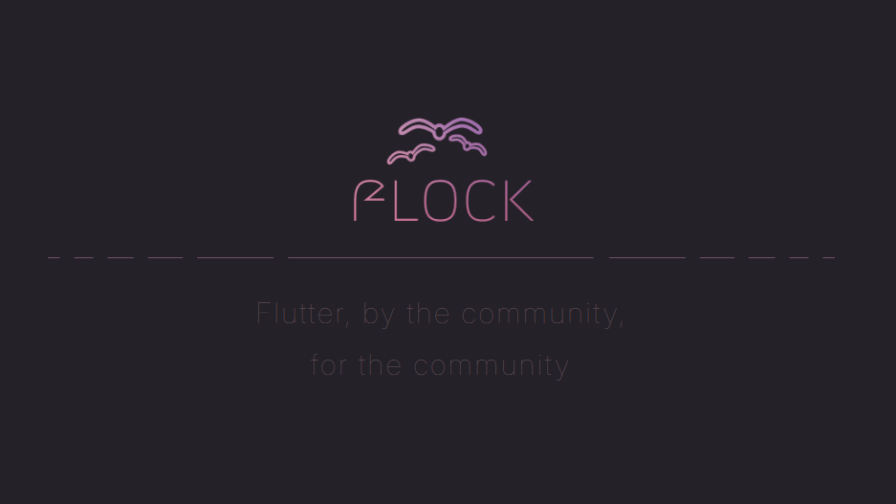
Web Development
Flutter, Google’s open-source framework for cross-platform application development, has been a game-changer since its 2017 launch. It enables developers to build native user interfaces for iOS, Android, web, desktop, and embedded devices, having grown to become one of the most popular frameworks in the mobile development ecosystem.
Flutter’s success stems from its use of the Dart programming language and its “write once, run anywhere” philosophy, allowing developers to maintain a single codebase for multiple platforms – a significant advantage in today’s fragmented device landscape.
Google is struggling to manage the growth of Flutter. In response, the community has created Flock, an independent fork aimed at accelerating development and improving developer support.
The Need for Speed: Enter Flock
According to Matt Carroll, one of the developers behind the Flock fork, Flutter’s user base has exploded to approximately 1 million developers worldwide. This dramatic growth has created challenges for Google’s Flutter team to keep pace with community needs. “Each Flutter team member is responsible for addressing the needs of 20,000 Flutter developers! This ratio is clearly unsustainable,” Carroll states on flutterfoundation.dev.
The combination of delayed bug fixes, feature implementation bottlenecks, and reduced focus on desktop platforms has prompted Flutter experts to create Flock, an independent fork aimed at accelerating development through increased community involvement.
Understanding Open Source Forks
In open-source development, where code is freely accessible and modifiable, a “fork” represents a critical process in software evolution. Developers use version control systems like Git to manage changes across different branches, protecting the main codebase while developing new features.
A fork involves taking a branch of the original project and using it as the foundation for a new independent project, while maintaining a connection to the source repository. This approach offers two key benefits:
- Freedom to develop new features without organizational constraints
- Ability to propose changes back to the original project through pull requests
Flock’s Mission and Strategy
Flock aims to maintain synchronization with Flutter while addressing pain points that Google’s team hasn’t prioritized. “Flock will stay continuously updated with Flutter. Flock will add important bug fixes and popular features that the Flutter team is unable or unwilling to implement,” Carroll explains.
Key aspects of Flock’s approach include:
- Maintaining compatibility with Flutter
- Accelerating feature implementation
- Expanding the reviewer and project leader base
- Focusing on desktop platform development
- Creating a universal UI toolbox
Context and Industry Impact
This fork comes at a crucial time in Flutter’s evolution. While Flutter has become one of the most popular frameworks for mobile development (ranked #2 in Stack Overflow’s 2023 Developer Survey for most loved frameworks), the challenges of scaling community support have become increasingly apparent.
Similar situations have occurred in other major open source projects:
- MariaDB forked from MySQL after Oracle’s acquisition
- Jenkins forked from Hudson due to community governance issues
- LibreOffice forked from OpenOffice.org over development pace concerns
Developers interested in contributing to Flock can already begin testing and participating as reviewers or project leaders. The initiative represents a community-driven effort to evolve Flutter while maintaining its core strengths.
Looking Forward
The success of Flock could set an important precedent for how open source communities can work alongside corporate-backed projects to accelerate development while maintaining compatibility. As cross-platform development continues to grow in importance, initiatives like Flock may become increasingly common in the software development landscape.




